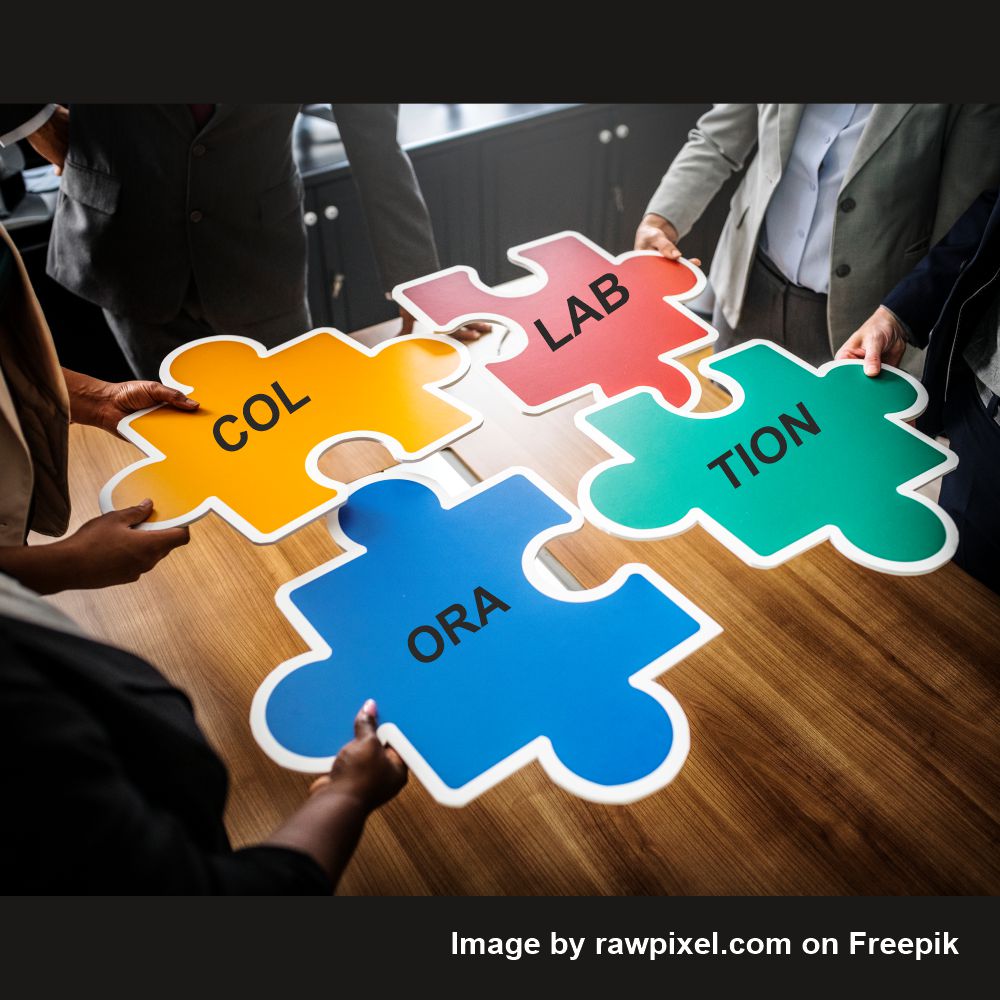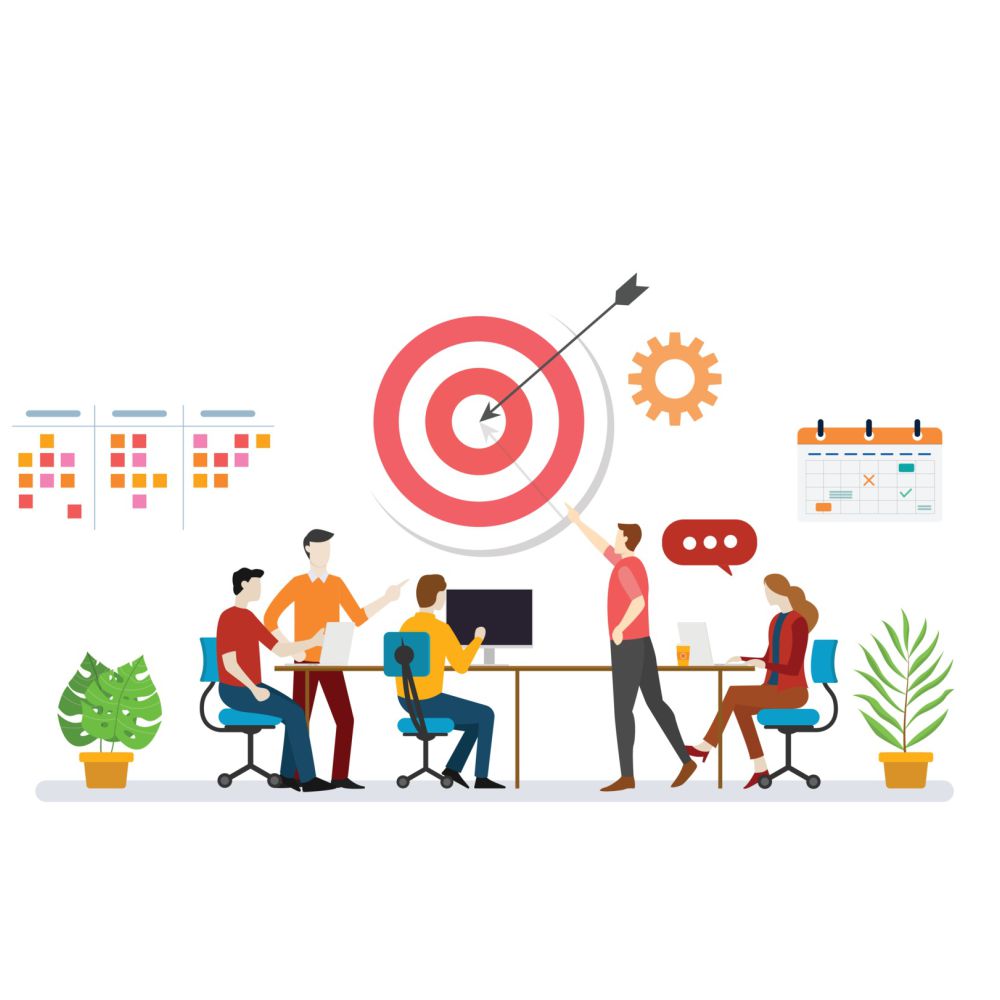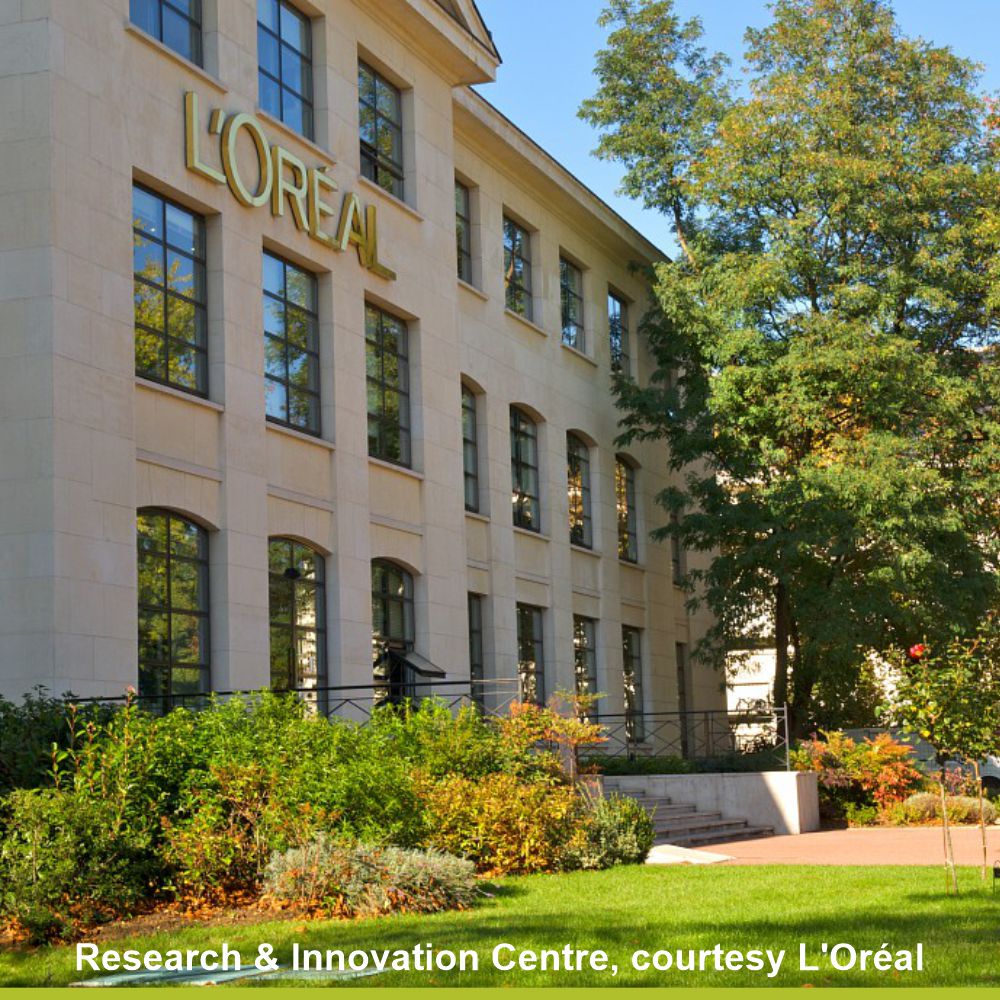“To successfully drive the shift towards sustainability, companies need to follow a structured, step-by-step approach. The first crucial step is conducting a materiality assessment. This helps identify the key environmental, social, and governance (ESG) factors that are most relevant to the business and its stakeholders. By pinpointing what matters the most, companies can prioritize efforts that will have the greatest impact,” shares Bipin Odhekar, Head - Sustainability, EHS & Operations excellence, Marico Ltd., during this interview…
How is the industry perceiving circular economy and taking efforts in the same direction?
I feel, appreciation about circular economy in the industry is increasing in the recent past. Initiatives around Sustainable Development Goals (SDGs) and other regular changes have played a significant role in this.
At Marico, we have adopted ‘Sustainable packaging’ program to drive circular economy in packaging. This creates multiple opportunities for improving circularity of our products. We are committed to transitioning towards a circular economy by minimizing waste generation and adopting a holistic approach for waste management, which includes the use of low impact practices and innovative, resource-efficient technologies. Our efforts towards a circular economy include diverting waste to value added by-products, co-processing of hazardous waste, sending fly ash to brick manufacturers, recycling of used oil, extended producer responsibility, etc. Marico has taken multiple initiatives to divert hazardous waste to alternative treatment to ensure “ZHWL”. We aspire to achieve “Zero Hazardous Waste to Landfill (ZHWL)” for the organization in the next two years.
How are you and your organization aligning value chain partners to your sustainability vision?
At Marico, sustainability is regarded as a business enabler that influences key strategic decisions. Having ingrained sustainability into its culture, Marico has spurred towards a carbon neutral future. This transformation is driven by robust sustainability governance structure, ethical business conduct, ESG risk mitigation strategies, ambitious targets towards transitioning to low-carbon sources, lowering GHG emission intensity, achieving water stewardship, incorporating responsible sourcing principles, and mapping product sustainability footprint. Considering the company’s deep focus on sustainability, ESG is considered a Board level mandate from a governance standpoint and discussed periodically as part of Board meetings.
As part of our commitment to drive sustainable value creation and stakeholder capitalism, we have continued to drive impactful initiatives and actions under the Sustainability 2.0 Framework launched in FY 22. Covering over 50 KPIs across the environmental, social, and governance pillars - the framework defines Marico’s long-term sustainability goals that we aim to achieve by 2030.
Marico has adopted Responsible Sourcing program called “SAMYUT” to share our sustainability vision with our business associates. Program aims at educating our value chain partners through Code of conduct, self-assessment, capacity building, driving sustainability initiatives with external third party assessment.
How do you see circularity playing out with your value chain partners in your respective industries? What are the trends you are witnessing?
Circular economy is a wider concept, which started with what we used to call as 3R and 4R strategies. For an FMCG company, packaging materials are becoming a very important aspect, which are mostly made out of plastics. We have observed a few key changes in FMCG industry in recent years which include reduction in packaging material with design changes, improving recyclability of materials and usage of post-consumer recycled plastic in packaging.
New technologies are coming up in waste processing, segregation and recycling. With implementation of Extended Producers Responsibility (EPR) by the government, overall recycling industry is getting organized and efficient. Marico Innovation Foundation has conducted nation wide study and identified important innovators working in this space. ‘Innovation in Plastics: The Potential and Possibilities’ a one-of-its-kind playbook analyses & provides holistic insights on the potential solutions for plastic waste management in India. There are vital lessons from across the globe that can be implemented in India along with avenues for cutting down single-use plastics. All stakeholders – government, corporates, civil society, and entrepreneurs have an equally critical role in ensuring this.
We would like to know about the responsible sourcing strategies that Marico follows…
Marico has a developed a comprehensive responsible sourcing framework, titled ‘Samyut’. The objective of this framework is to integrate environmental conservation principles, ethical standards, and socially responsible practices throughout the value chain by capacitating suppliers to commit sustainability goals. The framework is directly aligned with global standards including SDG 12 that promote responsible consumption and production. The Samyut program is applicable across 5 types of critical value-chain partners: raw material suppliers, packaging material suppliers, depots and warehouses, convertors and logistics.
The following principles are used to integrate ESG excellence within Marico’s value chain:
- Ethical standards: Any business without ethics cannot win the trust of the stakeholders. Our philosophy is to conduct the business with high ethical standards in our dealings with all the stakeholders.
- Environmental Protection: An ESG-focused organization ensures its processes to have minimal environmental footprint. We expect our suppliers and business associates to follow this and comply with all environment regulations.
- Social value creation: Local communities and society provide the social license to conduct the business. Hence, we believe it is vital to demonstrate social responsibility by promoting values.
Marico’s Samyut initiative uses a three-pronged progressive approach based on the maturity of ESG appetites of our value-chain partners.
- Level 1 (Educate) is based on enhancing knowledge of our suppliers on ESG material issues and helping them identify the risks and opportunities related to their businesses. A self-declaration questionnaire is used to mark the completion of Level 1 certification.
- Level 2 (Evaluate) aims at monitoring the performance of value-chain partners against the identified ESG metrics. Structured third-party audits, screening and documentation review marks the completion of this level.
- Level 3 (Evolve) is a collaborative phase where Marico ideates with its partners to design market-leading ESG practices at each stage of the value chain. The aim of this level is to build a strong, robust and sustainable nexus towards shared ESG goals.
Would you like to brief us on the sustainable packaging initiatives of Marico?
The growing awareness of environmental issues is driving demand for sustainable packaging solutions. This shift is noticed across diverse facets including consumer behaviour, government policies and industry leadership. At Marico, we recognise this shift and are committed to embed circularity principles into our operations including development of sustainable packaging solutions. Sustainable packaging program aims at minimizing environmental impact of packaging materials throughout value chain by carrying out ‘Life Cycle Analysis’ and take initiatives.
Our sustainable packaging program is designed over 9 levers to create an irreversible positive impact on overall product sustainability. These levers include Zero pallet loss, minimize materials of concern, improve recyclability, consume self-waste, dematerialise nonvalue added content, usage of recycled material, extended producer responsibility, design for reuse and transport efficiency and usage of lower emission materials.
Despite operating in consumer products sector where products are sensitive and packaging material properties play a significant role for product safety, we have achieved few milestones related to sustainable packaging – 95.3% recyclable packaging material share; two successful projects rolled out with Recycled plastic content.
We do not use single-use plastic in our packaging, and we are working closely to reduce & eliminate other “Material of Concern”. We have started procuring Forest Stewardship Council (FSC) certified papers from FY 24 with 10% of the corrugated fibre cartons made up of FSC-certified material. We aspire to increase recycled paper share in FY25. Marico is the founding member of the IPP (India Plastic Pact) and is actively contributing to drive changes in the industry through thought leadership.
According to you, what challenges are companies facing in shifting gears to more sustainable alternatives?
Adopting more sustainable alternatives presents several challenges, particularly when it comes to packaging. One of the key hurdles is sourcing high-quality recyclable materials, which are often scarce in many markets. The inconsistent availability of good quality recycled materials can compromise the quality and performance of packaging of the products. Additionally, integrating these recyclable materials into existing manufacturing processes can be complex, as they may behave differently from conventional materials. This often necessitates adjustments in production techniques or even investments in new technology to ensure that product quality remains uncompromised. Another significant issue is the reliability of the supply chain for these materials. Variations in supply due to inefficiencies in recycling infrastructure, regional differences, or fluctuating market demand can make it difficult to secure a consistent, high-quality supply, potentially hindering the ability to meet long-term sustainability objectives.
How do you foresee the sustainability landscape moving from here on?
We may anticipate a greater focus on circular economies in the future, where commodities are continuously recycled or reused and waste is reduced. Industry-wide adoption of innovations in carbon-neutral operations, sustainable packaging, and renewable energy will likely be inevitable. Furthermore, the emphasis will shift from only lessening the impact on the environment to actively promoting environmental restoration through initiatives like reforestation, biodiversity conservation, and regenerative agriculture. Businesses who can effectively incorporate sustainability into their core strategy and adapt to these changes will be able to reduce risks and seize new growth prospects in the dynamic marketplace.
Share with us the step-by-step approach that will help companies in taking the first step right in driving the change?
To successfully drive the shift towards sustainability, companies need to follow a structured, step-by-step approach. The first crucial step is conducting a materiality assessment. This helps identify the key environmental, social, and governance (ESG) factors that are most relevant to the business and its stakeholders. By pinpointing what matters the most, companies can prioritize efforts that will have the greatest impact. Next, it is essential to identify potential risks and opportunities that come with adopting sustainable practices. Assessing risks, such as regulatory changes, supply chain disruptions, or consumer expectations, allows companies to mitigate potential setbacks. Benchmarking against industry peers is another key step. By comparing sustainability efforts with leading competitors and global standards, companies can set realistic goals and understand where they stand in their journey. Once risks are managed and opportunities identified, it is important to integrate these insights into the overall company strategy. The final step is to capitalize on the identified opportunities and seamlessly integrate them into the company’s overall strategy. This ensures that sustainability is not treated as a separate initiative but rather becomes embedded in the core business model, driving long-term value and resilience.

Categories

Magazine Editions






















